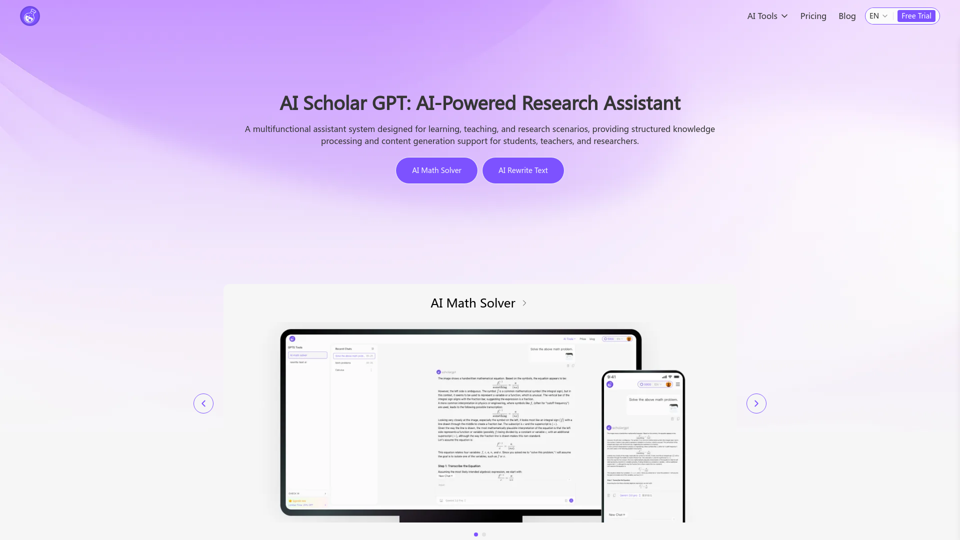What's AI Writing Assistance?
AI writing assistance refers to the application of advanced technologies like natural language processing (NLP) and machine learning to enhance and streamline the writing process. These tools analyze, generate, and improve written content, providing writers with innovative features to boost productivity and content quality.
Overview of Natural Language Processing and Machine Learning in AI Writing
- Natural Language Processing (NLP): Enables computers to understand and generate human language.
- Machine Learning: Trains algorithms to learn from data and make informed predictions or decisions.
Together, these technologies allow AI writing assistants to offer contextually relevant content and continuously improve through user feedback.
Key Components of AI Writing Assistants
- Grammar and Spelling Checks: Automatically detect and correct errors.
- Contextual Suggestions: Offer word choice and phrasing improvements.
- Content Generation: Create content based on user input.
- Sentiment Analysis: Ensure content aligns with intended tone.
- Plagiarism Detection: Check for originality.
Benefits of AI Writing Assistance
Enhanced Content Quality
AI writing tools improve content quality by offering grammar checks, content suggestions, and paraphrasing assistance, resulting in polished and engaging content.
Increased Productivity and Efficiency
Automating tasks like editing and content generation allows writers to focus on creativity, increasing output without sacrificing quality.
Consistency in Tone and Style
AI tools help maintain a consistent tone across content, reinforcing brand voice and identity.
Faster Turnaround Times
AI assistants speed up content creation, beneficial for businesses needing high-volume content production.
Reduced Writer’s Block and Creative Fatigue
By providing content suggestions and inspiration, AI tools help overcome writer's block and stimulate creativity.
Streamlined Content Creation Process
Integration with writing platforms allows seamless access to AI features, enhancing user experience and productivity.
Improved SEO Performance
AI tools optimize content for search engines, improving search rankings and online visibility.
How to Use AI Writing Assistants
Blogging and Content Marketing
AI tools generate ideas, optimize for SEO, and ensure consistent tone, aiding bloggers and marketers in producing engaging content.
Academic and Research Writing
AI assistants help with summarizing papers, generating bibliographies, and ensuring proper grammar, allowing academics to focus on critical analysis.
Social Media Content Creation
AI tools generate engaging social media content, maintaining a cohesive online presence.
Email and Business Communication
AI writing assistants craft professional emails and business documents, ensuring clarity and proper tone.
Creative Writing and Storytelling
AI tools provide suggestions for character development and plot structure, aiding creative writers in crafting compelling narratives.
Technical Documentation
AI assistants ensure technical documents are precise and easy to understand, improving readability and consistency.
Resume and Cover Letter Writing
AI tools optimize resumes and cover letters, enhancing job application effectiveness.
Best Practices for Using AI Writing Assistants
Setting Realistic Expectations
AI tools enhance writing but require human review to ensure quality and alignment with personal style.
Balancing Human Input and AI-Generated Content
Combine human expertise with AI capabilities for engaging and informative content.
Ensuring Originality and Avoiding Plagiarism
Use plagiarism detection features and rephrase AI-generated content to maintain originality.
Adhering to Ethical Considerations
Be transparent about AI use in content creation and respect intellectual property rights.
By understanding the capabilities and best practices of AI writing assistants, writers can effectively leverage these tools to enhance their content creation process.


